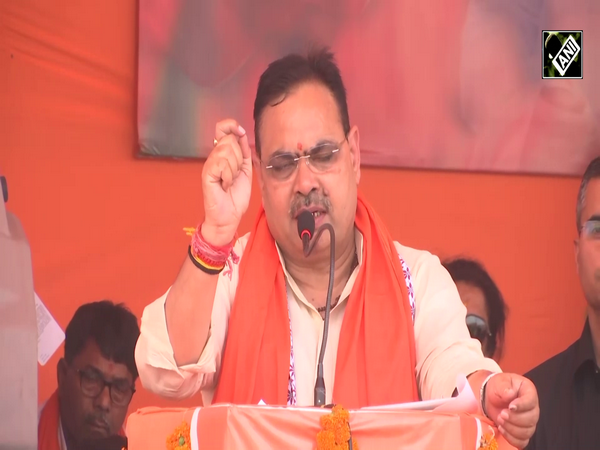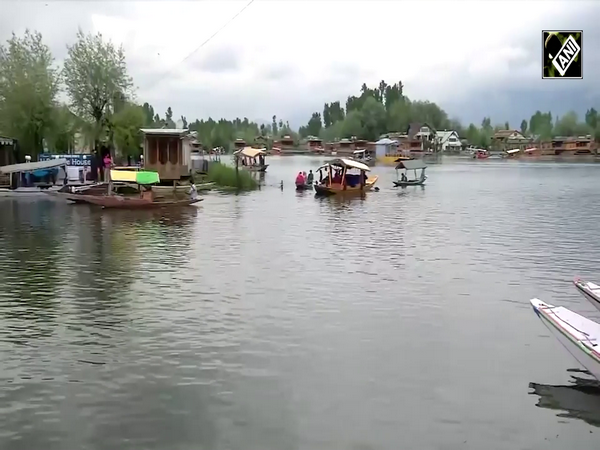India urges WTO members to introduce moratorium on subsidies by distant water fishing nations
Feb 27, 2024

Abu Dhabi [UAE], February 27 : India urged the World Trade Organisation members on Tuesday, to introduce a moratorium on subsidies by distant water fishing nations for fishing or fishing-related activities beyond their exclusive economic zones (EEZ) for a period of at least 25 years.
India said that the members should not lose sight of the harmful effects of subsidies for large-scale fishing on sustainable fishing and management of marine resources, the Ministry of Commerce and Industry said in a press release.
The WTO negotiation session on Fisheries Subsidies took place on February 27 in the ongoing Abu Dhabi Ministerial Conference-13.
"In these negotiations, India reiterated its long-held position that responsible and sustainable fisheries is a practice ingrained in the ethos and practices of India's large and varied fishing community," the statement read.
"In that context, any comprehensive agreement on Fisheries subsidies should keep in mind the interests and welfare of the fishing community that depends on the marine resources for their livelihood and sustenance," it added.
India stressed that historically, while subsidies to the fisheries sector have led to overexploitation, subsidies are also vital for developing countries and small economies to develop and diversify their fisheries sector as well as to protect the food security and livelihood security of their fishermen.
"This negotiation is linked to the concept of sustainability and as such, any comprehensive agreement on fisheries subsidies should be built on the principles of Common But Differentiated Responsibilities and Respective Capabilities (CBDR-RC). It should also incorporate the provisions of Special and Differential Treatment (S&DT) appropriately, as is the case for all WTO agreements," the Ministry further stated.
India explained that the current approaches for addressing overcapacity and overfishing (OCOF) are deeply flawed.
It said that since the members had agreed to use the affirmative determination approach for negotiating disciplines on the Overfished Pillar, there was no reason why the Members should not use the same approach in relation to the OCOF Pillar.
It further said that the current approach of considering the annual aggregate value of subsidies grossly overlooked the intensity of subsidies, and other factors such as the size of the EEZ, long coastal line, the population of small fishers and the per capita subsidies to fisher men.
India reiterated that the sovereign rights of Members for sustainable management of fisheries within their EEZs as provided under the UNCLOS should be duly recognized and protected, the Ministry further stated.
















